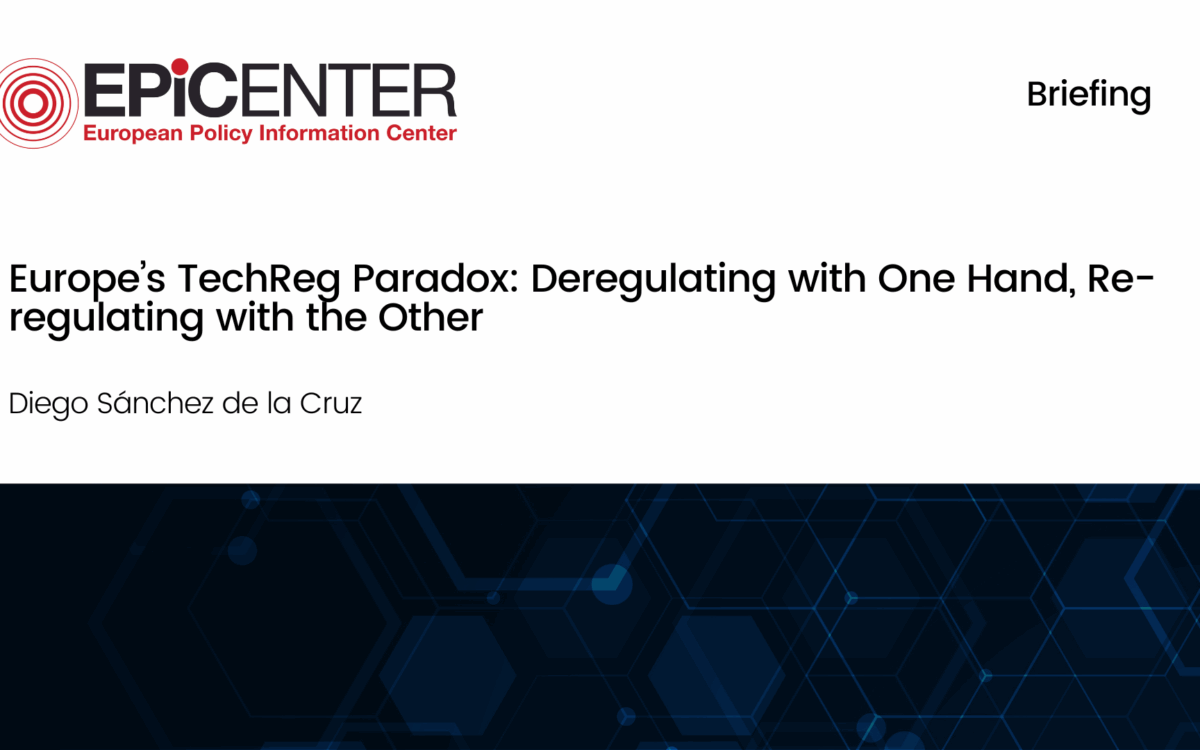The New European Digital Services Act: Risky for Consumers and Innovation

The New European Digital Services Act: Risky for Consumers and Innovation
23 July 2021
The EU Commission proposed the new Digital Services Act (DSA) and Digital Markets Act (DMA) in December 2020. Collectively, these proposals are an important opportunity to protect the competitiveness and integrity of the European internal market as well as to uphold the EU Charter of Fundamental Rights, which are threatened by the growing complexity of special EU and national laws applicable to digital services.
Like other recent EU and national measures, the DSA aims to promote online ‘safety’ and ‘governance’. However, the proposal does not provide sufficient legal certainty to businesses and consumers and exacerbates existing risks to fundamental rights and innovation. Additional evidence is required to highlight that the risks which the DMA and the DSA currently pose to the rights enshrined in the EU Charter are proportionate.
Download or share this publication
View the PDF
EPICENTER publications and contributions from our member think tanks are designed to promote the discussion of economic issues and the role of markets in solving economic and social problems. As with all EPICENTER publications, the views expressed here are those of the author and not EPICENTER or its member think tanks (which have no corporate view).



